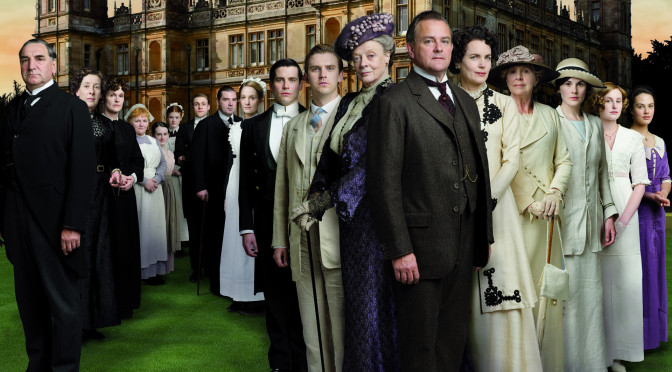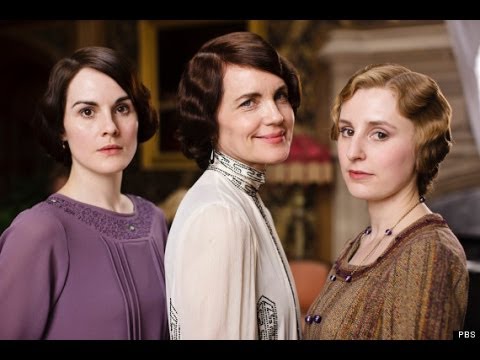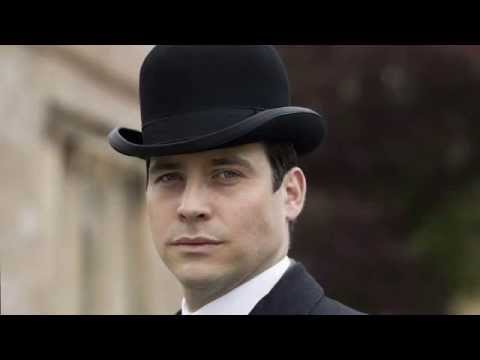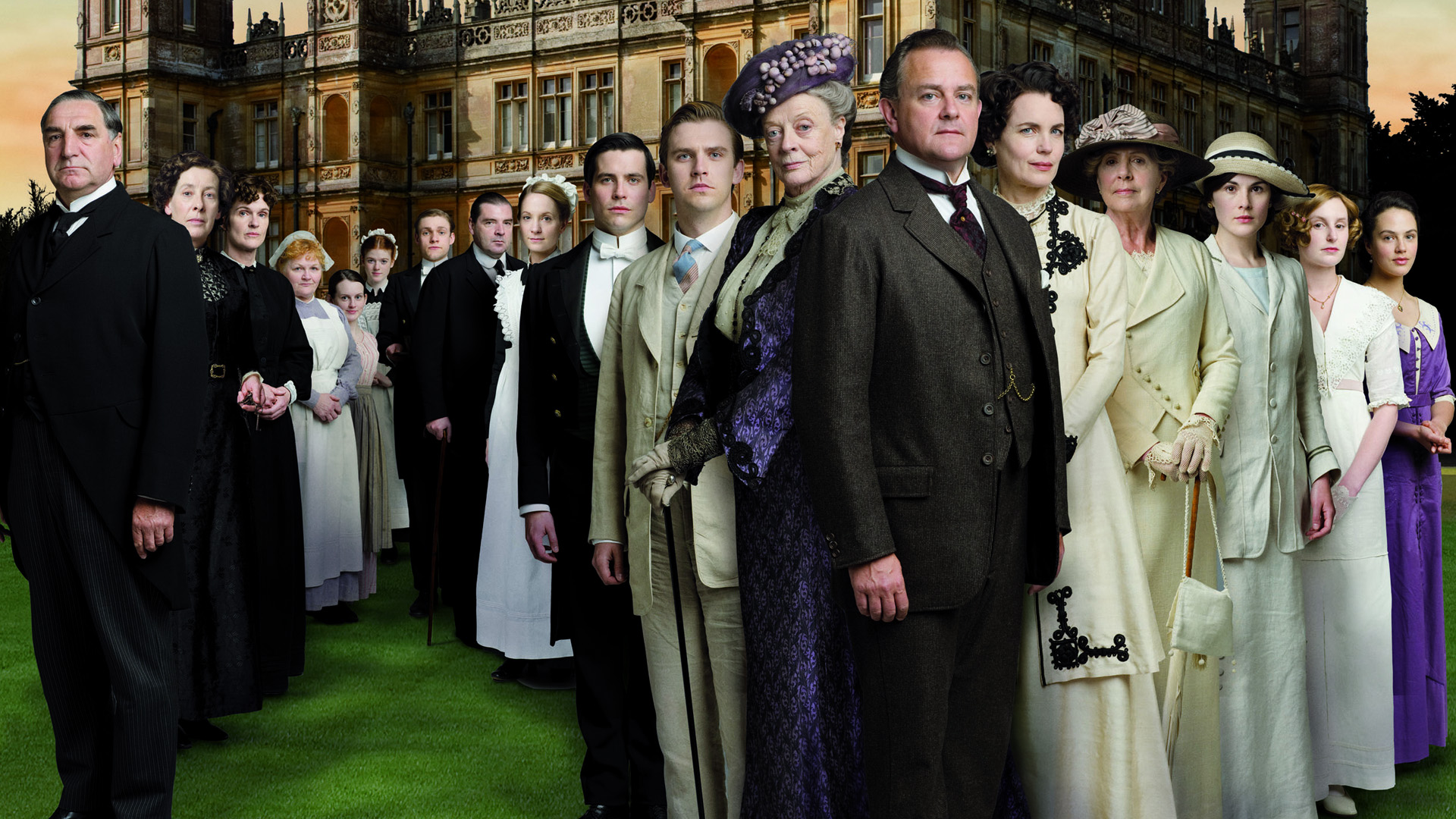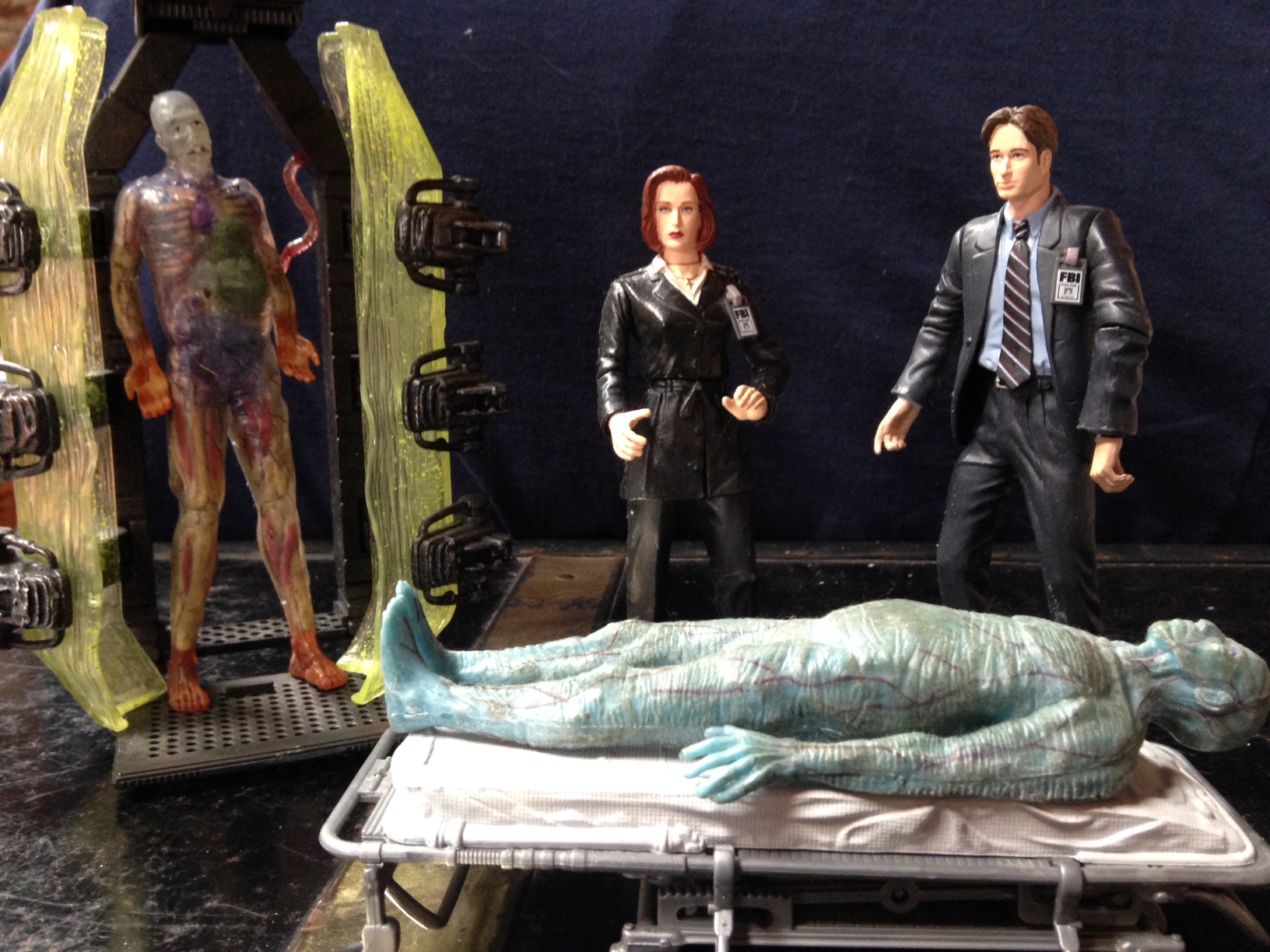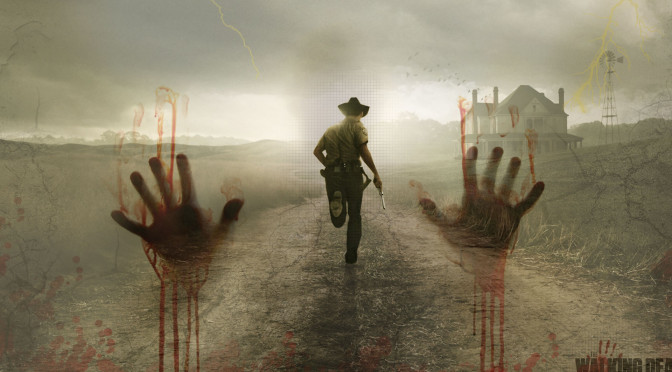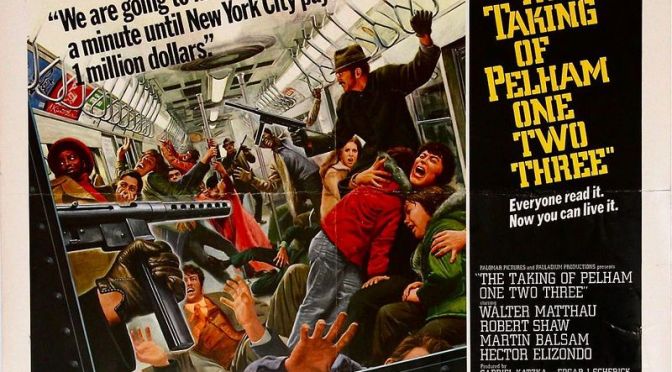When I first heard that Netflix rolled out a reboot of “Lost in Space,” I reacted with “Danger, Netflix! Danger!”
The TV series, which aired from 1965-68, was a childhood favorite of mine.
It featured space exploration!
And aliens!
And a very cool robot cleverly named Robot!
And, oh yeah, two young female leads, who were pretty hot, but I digress…
The “Lost in Space” movie from 1998 was also surprisingly good, but an entirely new series?
Hmmmm….I was skeptical.
To quote Dr. Smith from the original series: “Oh the pain, the pain!”
But you know what? I am here to tell you the new series is every bit as good as the original and even better.
It has been updated to reflect modern advancements while still staying largely true to the underlying plot: The journey of the Robinson family goes about as straight as a corkscrew.
In the Netflix series, the family seeks out a new life after fleeing a decaying and endangered Earth.
I was utterly hooked from the very first episode. I was emotionally invested and, yeah, at several points on the verge of tears because of the high-stakes situations characters found themselves in.
Among the striking things about the show: the true-to-life family dynamics right down to the tensions between parents and children, the strong female leads (the mom is played by Molly Parker, who is a favorite of mine), the display of smart people finding smart solutions to crises, and the use of music to build suspense.
The other things that impressed me were the gorgeous scenery and investment in sets, costumes, vehicles, design, etc.
In the original series, you will recall the family Robinson was outfitted in space suits that looked like they were wrapped in yards of aluminum foil or some funky velour body suits.
And the props and costumes? Let’s just charitably call them primitive.
When you look back on it, the campy sets and special effects of the original TV show makes this dramatic trailer put out by CBS even more hilarious.
In it, the narrator described the series as “adventures farther out in concept than television has ever gone out before.”
It continued: “‘Lost in Space’ is a top-budget, top-quality show designed to dazzle the eye and ear with the most impressive production values and spectacular effects ever lavished on any TV series.”
Well, yeah. Maybe for its time.
I think that kind of hyperbole applies much more aptly to this Netflix reboot.
If you were fan of the original series, you will not regret going along for this latest ride on the Jupiter 2.
Related:


